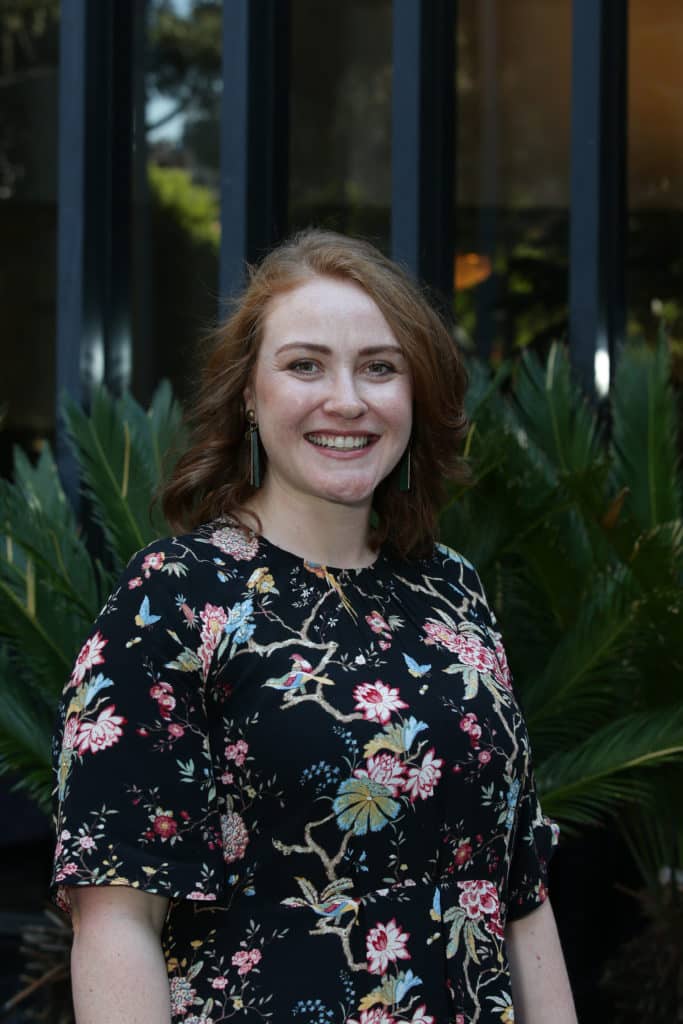An “Expansion-Tolerant” Architecture offers stability to ultra-high capacity Lithium-Sulfur battery

A lithium sulfur battery that has four times the capacity than existing electric car batteries has been built and tested by researchers at Monash University, revealed in a paper published in Science Advances.
This would allow you to drive Melbourne to Sydney with just one charge – driving the coastal route. A current edition prius would require to stop in Albury-Wodonga to recharge.
Continue reading Cheaper, more efficient lithium sulfur battery outperforms current electric car battery fourfold

















